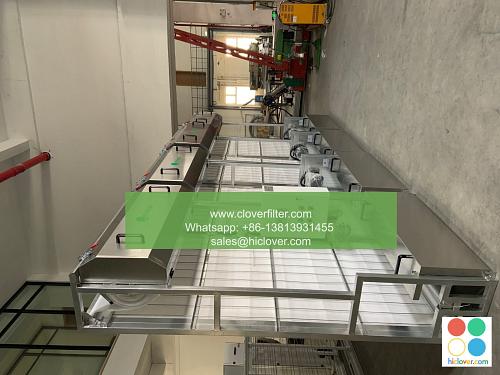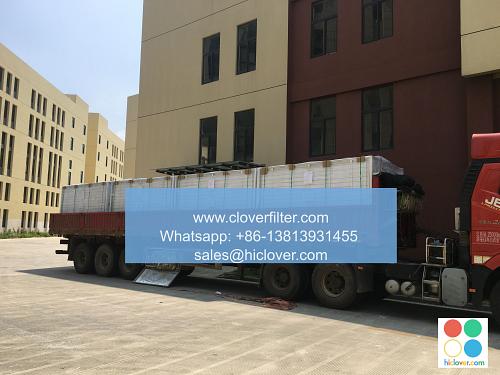Faulty Air Filters: A Case Study in Quality Control

Faulty Air Filters: A Case Study in Quality Control
Introduction
In today’s fast-paced and increasingly technological world, the importance of quality control is more crucial than ever. A faulty air filter is a prime example of the consequences of lax quality control, with far-reaching implications on various aspects of our lives. In this article, we will delve into the significance of air filters, the impact of faulty air filters, and the importance of rigorous quality control measures to prevent such issues.
The Importance of Air Filters
Air filters play a vital role in various applications, including:
- HVAC Systems: Air filters are an essential component of heating, ventilation, and air conditioning (HVAC) systems, removing dust, pollen, and other particles from the air to ensure a clean and healthy indoor environment.
- Industrial Processes: Air filters are used in various industrial processes, such as manufacturing, chemical processing, and food processing, to remove impurities and contaminants, ensuring product quality and safety.
- Automotive Industry: Air filters are used in vehicles to improve air intake, enhance performance, and reduce air pollution.
- Reduced Air Quality: Damaged air filters can contaminate the air, leading to respiratory problems, allergic reactions, and other health issues.
- System Malfunction: Faulty air filters can cause breakdowns in HVAC systems, industrial equipment, and vehicles, resulting in costly repairs and downtime.
- Increased Maintenance Costs: Neglecting to replace air filters regularly can lead to increased maintenance costs, as clogged filters require more frequent cleaning or replacement.
- Insufficient Quality Control Measures: The company was not implementing adequate quality control measures, including regular filter testing and inspections.
- Inadequate Training: Employees were not properly trained on the importance of air filter maintenance and replacement.
- Public Health Risks: The contaminated air filters posed a significant risk to public health, particularly for individuals with pre-existing respiratory conditions.
- Reputation Damage: The company suffered reputational damage, losing customer trust and credibility.
- Financial Losses: The company faced significant financial losses, including the cost of repairing and replacing damaged equipment.
- Implementing Stringent Quality Control Measures: Regular filter testing and inspections were introduced, ensuring that all air filters met strict quality standards.
- Employee Training: Employees were trained on the importance of air filter maintenance and replacement, ensuring that they could identify and report any potential issues.
- Supply Chain Verification: The company implemented a supplier verification program, ensuring that all air filters met the required quality standards.
The Dangers of Faulty Air Filters
Faulty air filters can have severe consequences, including:
A Case Study in Quality Control
In a recent study, a prominent HVAC company found that a significant percentage of their air filters were contaminated with bacteria and mold, posing a threat to public health and safety. Further investigation revealed that the faulty air filters were due to:
Consequences and Solution
The consequences of this lack of quality control were severe:
To rectify the situation, the company took the following steps:
Conclusion
The case study highlights the importance of quality control in the manufacturing and maintenance of air filters. A faulty air filter can have far-reaching consequences, impacting public health, system performance, and reputation. By implementing stringent quality control measures, including regular testing, training, and supply chain verification, companies can ensure the production of high-quality air filters that meet the required standards.
It looks like you’re ready to get started. What would you like to know or discuss? Do you have a specific topic in mind or would you like me to suggest some conversation ideas?


